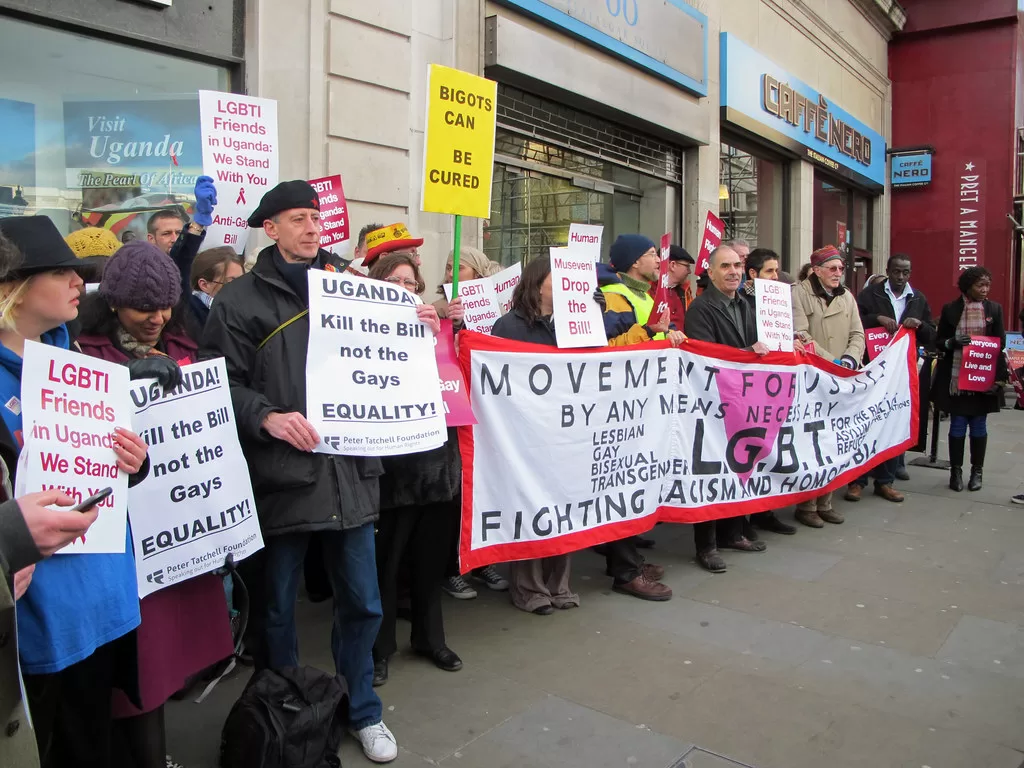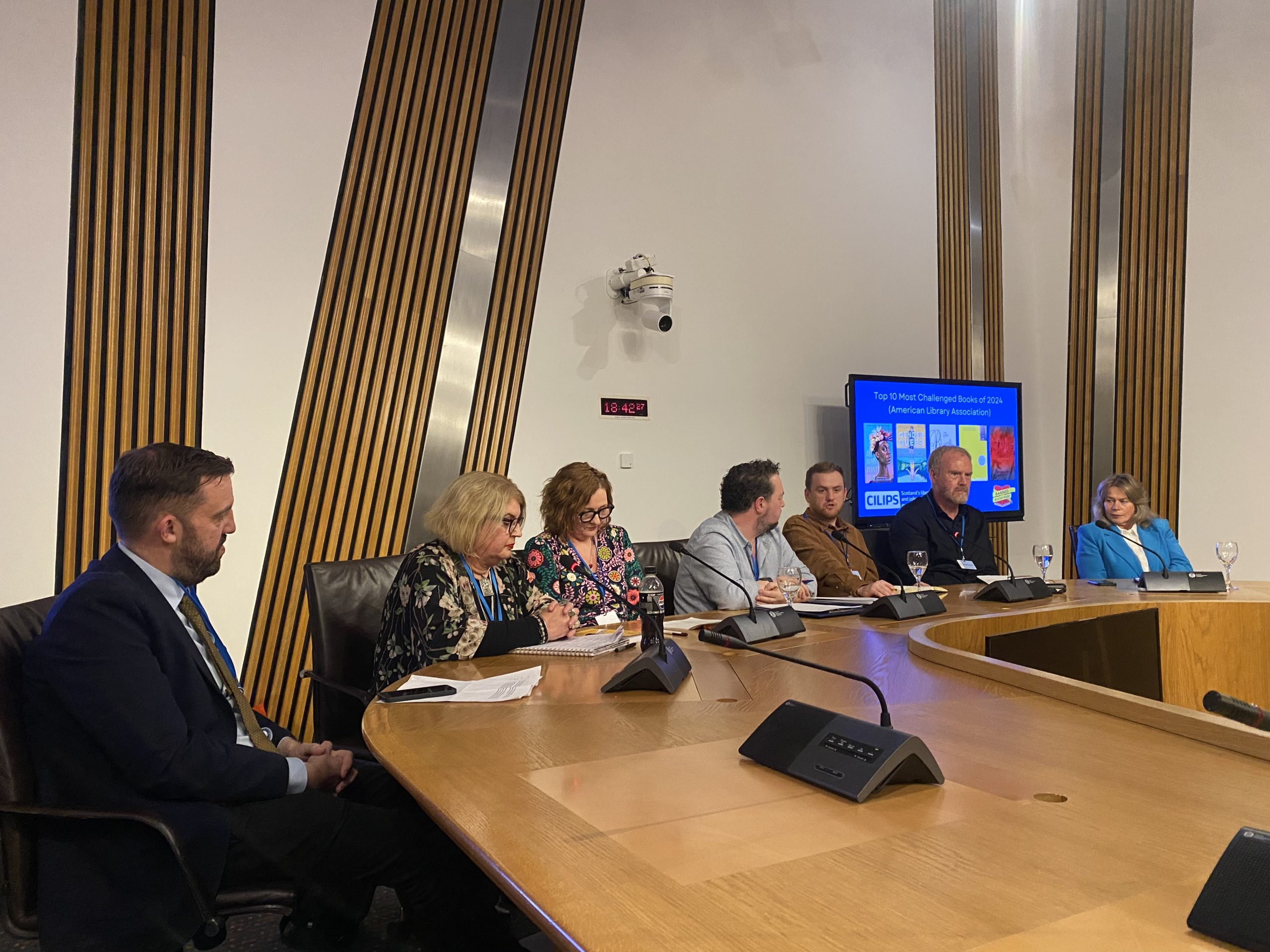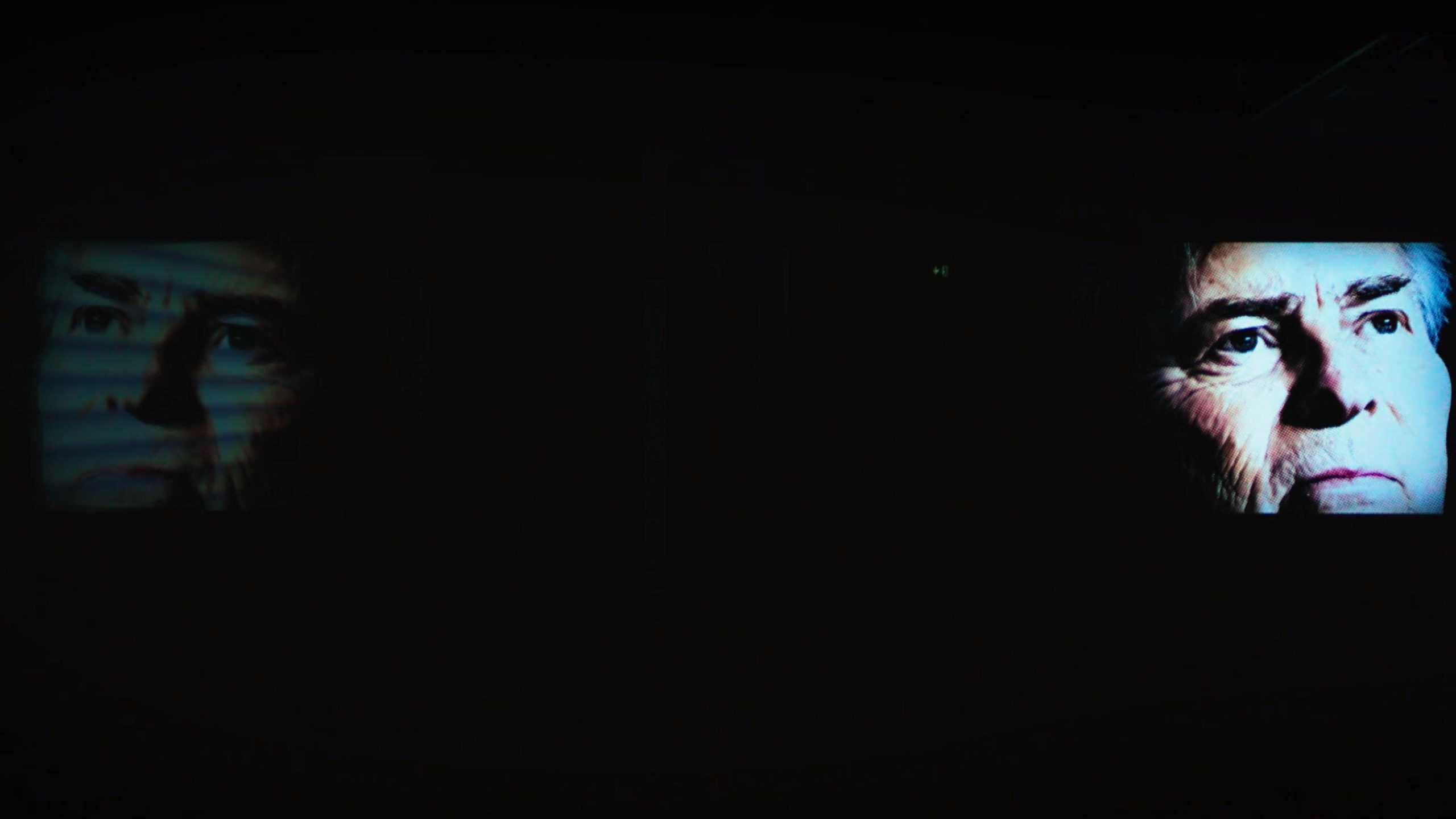A prominent Ugandan LGBTQ+ activist Steven Kabuye, who nearly lost his life when he was attacked by unknown men in January this year, believes politicians and other leaders fomenting hate in his country against vulnerable communities must be put under targeted sanctions. As a result, Kabuye backs calls by LGBTQI+ campaigners in the United Kingdom to bar the Speaker of the Ugandan parliament, Anita Annet Among, from entering the country to attend celebrations around the Commonwealth.
Commonwealth Day will be celebrated on Monday 11 March with a series of events and activities that will include a contingent of speakers and presiding officers from the Commonwealth countries, while the 75th anniversary of the modern Commonwealth will be celebrated on 26 April. Kabuye told Index that Among must be barred from these events as she championed the passage of the Anti-Homosexuality Act last year, which has triggered a rise in attacks against LGBTQ+ persons. Uganda’s Anti-Homosexuality Act imposes mandatory life imprisonment for consenting same-sex acts, and the death penalty for “serial offenders”. Anyone who rents property to persons who commit offences under the legislation faces up to seven years in jail.
Kabuye, the co-executive director and co-founder of Coloured Voices Media Foundation, a youth-led organisation that advocates for equal rights for the LGBTQ+ community, told Index that the environment he finds himself in after the passage of that law is so dangerous that he fears for his life. In January this year, he was hospitalised for three days in Uganda and two weeks outside the country after he was attacked by two men on a motorbike. He said a colleague who took him to hospital after the attack was arrested for assisting him.
“The attack was aimed at silencing me. What the attacker said while trying to swipe a knife to cut my neck and what transpired after the attack clearly shows that,” he said adding that the attacker said “Ffa Musiyazzi Gwe“, translated as “Die you homosexual”, to Kabuye.
He said he has received a lot of death threats, especially on his X account. “Someone could come and tell you, I know your address. We are coming any day, count yourself dead. Dead or soon dead, that’s how I can describe that environment,” he said.
Kabuye’s fears are not unfounded. In 2011, a Ugandan gay rights activist, David Kato, was beaten to death at his home outside Kampala. Before his death, Kato had brought an injunction against a local newspaper, Rolling Stone, which printed his name, photograph and address alongside those of dozens of others the paper claimed were gay or lesbian and called for them to be hanged.
Kabuye believes the architects of Uganda’s Anti-Homosexuality Act must be sanctioned, hence his support for the campaign both in Uganda and the UK for Among to be barred from entering the UK.
“Banning the speaker from the UK will send a clear message to any politician out there who is willing to support laws like the Anti-Homosexuality Act 2023. You will be punished,” said Kabuye.
“We want all politicians, religious leaders, and other entities who supported the Anti-Homosexuality Act 2023 to be sanctioned individually.”
Samantha Ainembabazi from Kuchu Times, an online platform that gives a voice to LGBTQ+ people whose are otherwise censored in the mainstream media in Uganda, emphasised in a phone interview with Index the key role that Among played in passing Uganda’s draconian law. She added that the environment the Ugandan LGBTQ+ community lives in can be summarised by a report from late 2023 compiled by the Strategic Response Team, a coalition of Ugandan LGBTQ+ rights organisations, which showed how the controversial law has not only created a hostile environment for LGBTQ+ individuals but has also been used as a pretext to infringe upon a wide range of human rights.
“By the time of this report there had been 180 cases of evictions targeting LGBTQ+ individuals and families, 176 cases of torture, abuse, and degrading treatment inflicted upon LGBTIQ+ individuals. One-hundred-and-fifty-nine cases of violations and abuse of the right to equality and freedom from discrimination have been documented,” said Ainembabazi.
“LGBTIQ+ individuals in Uganda continue to face systemic discrimination and prejudice, which hinders their access to education, healthcare, employment and other essential services and 102 cases of mental health issues among this community highlight the psychological trauma endured due to discrimination, violence and social exclusion. These numbers have almost doubled since the last report.”
UK rights campaigner Peter Tatchell has since joined the campaign to bar the Uganda speaker. Tatchell wrote a letter to Sir Lindsay Hoyle, the Speaker of the House of Commons, saying Among is one of those who championed Uganda’s Anti-Homosexuality Act, which he described as one of the world’s harshest anti-LGBTQ+ laws.
“Among’s presence in the UK would send a terrible signal that Britain tolerates the extreme homophobia of those who advocate the killing of LGBT+ people. There should be no facilitation and collusion with a politician who has blood on her hands,” wrote Tatchell.
He said Hoyle should make representations to the UK home and foreign secretaries that the Ugandan Speaker of Parliament should be denied entry to the UK because she opposes the British values of respect and equality, and that her presence would not be conducive to public good, harmonious community relations and public order.
Such a move would certainly send a strong message and for people like Kabuye can’t come soon enough. For them every day brings with it new fears.





